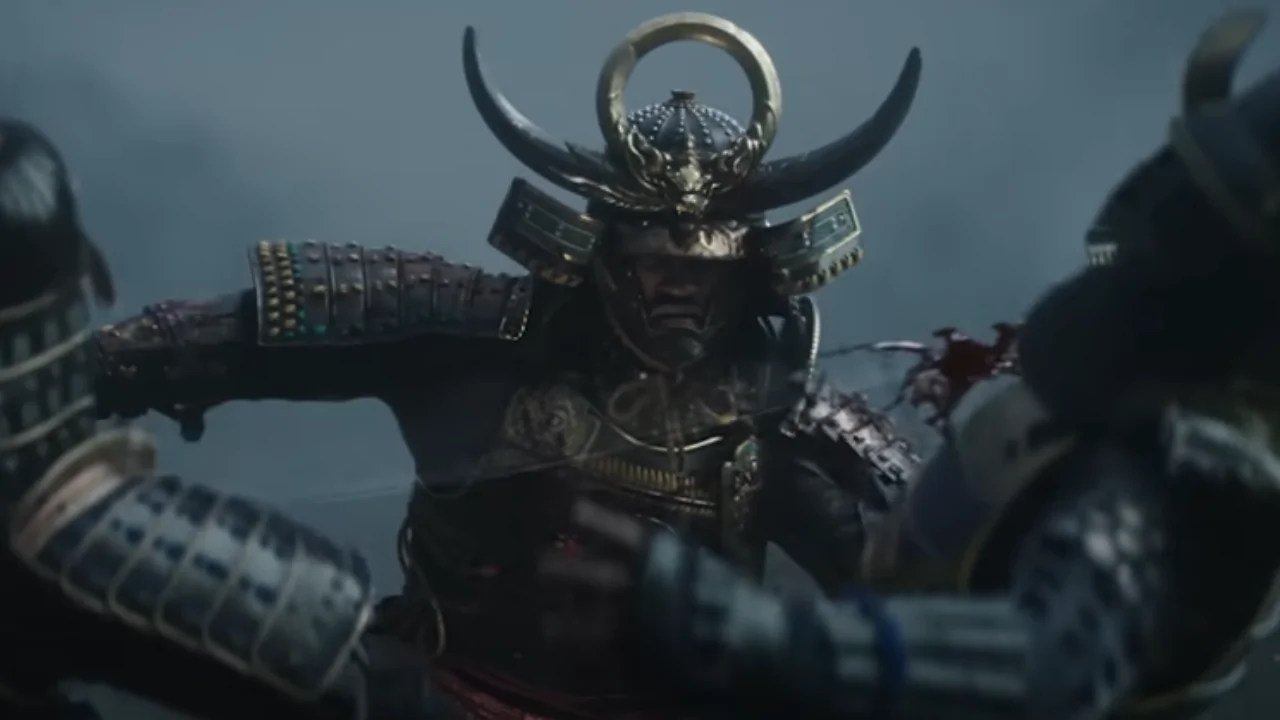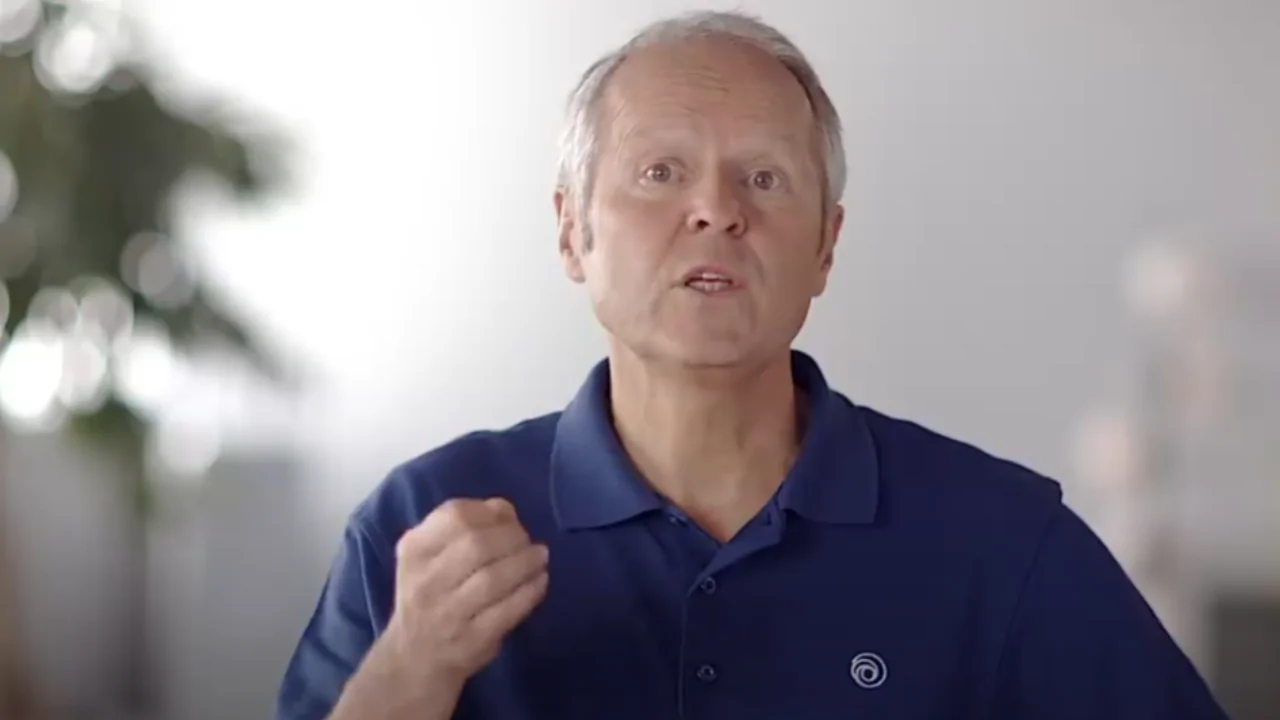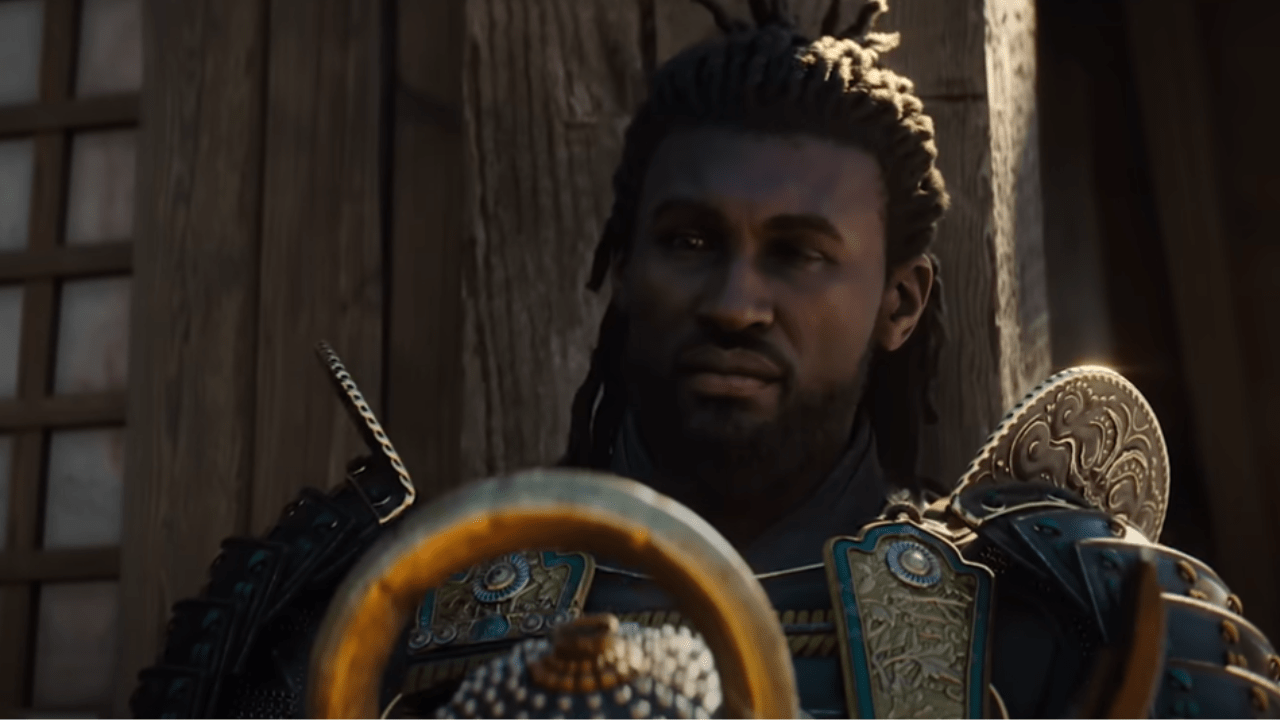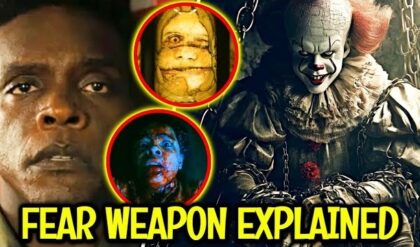
The Ubisoft Q3 FY25 earnings report (UBISOFT REPORTS THIRD-QUARTER 2024-25 SALES) confirms what many have feared—the company’s financial troubles are only getting worse.
However, there is a notable caveat: what is being conveyed to investors in the earnings call does not fully align with the grim reality presented in the actual report. In fact, the way Ubisoft is framing its situation to investors feels misleading at best, and outright deceptive at worst.

Yves Guillemot via Ubisoft North America YouTube
The brutal reality, as outlined in the report, is that Ubisoft’s net bookings have plummeted by 51.8% year-over-year in Q3, with total net bookings for the first nine months of FY25 falling 34.8% to just €944 million. Digital net bookings dropped 33.8%, while player recurring investment (PRI)—a key metric for live-service games—fell 33.7%, indicating a significant decline in microtransactions, DLC purchases, and subscriptions. This means that Ubisoft is not only struggling to sell games but is also failing to retain players and monetize its existing catalog. That’s a major red flag for the company’s long-term sustainability.
Beyond these sales declines, Ubisoft is also drowning in debt, with its total debt-to-EBITDA ratio sitting at a disastrous -21.1x. For context, a negative EBITDA means Ubisoft is losing money even before accounting for interest, taxes, and other expenses—a catastrophic indicator of financial health. The fact that this ratio has skyrocketed to this level suggests Ubisoft has little to no profitability and is taking on more debt than it can ever hope to pay back. This aligns with our previous reports warning that the company is teetering on the edge of financial collapse.

A screenshot from Assassin’s Creed Odyssey (2018), Ubisoft
To make matters worse, Ubisoft’s financial target for FY25 is to merely break even rather than turn a profit. This shift in strategy signals a desperate attempt to stabilize the company rather than generate growth—a stark contrast to the bullish claims made in past years. Instead of showing confidence in its ability to recover, Ubisoft appears to be simply trying to survive.
Adding to this bleak outlook, the report confirms that Ubisoft has already closed four production studios and implemented “targeted restructurings” at three more subsidiaries, the names of which remain undisclosed. We will be investigating and reporting on which studios are most likely affected, but the broader message here is clear: Ubisoft is actively downsizing, shedding costs, and consolidating operations to stay afloat.
Given these circumstances, any rational investor looking at Ubisoft’s trajectory would likely conclude that the company is a ticking time bomb on a plane already in a full nosedive—straight into the crater of an active volcano.
Ubisoft’s Conference Call vs. Reality: Misleading Investors or Just Desperate?
For some bizarre reason, Ubisoft’s conference call painted an overwhelmingly positive picture of what is, in reality, a disastrous Q3 sales report. Of course, investor calls are known for their corporate jargon and strategic wording—designed to cushion bad news—but Ubisoft’s approach appears to teeter on the edge of legal misrepresentation. Some of the statements made blatantly contradict their own financial disclosures, to the point where they might be considered misleading to investors.
A prime example is how Ubisoft framed Assassin’s Creed Shadows and Star Wars: Outlaws.

A screenshot from Star Wars Outlaws (2024), Ubisoft
In the conference call, Ubisoft executives claimed that Shadows’ early previews were received positively, stating: “Early previews have been positive, praising its narrative and immersive experience, with both characters playing critical roles in the game storyline as well as the quality and complementarity of the gameplay provided by the dual-protagonist approach.”
However, in reality, early previews were met with skepticism and controversy, particularly regarding the historical accuracy, protagonist choices, and gameplay innovations—or lack thereof. Ubisoft failed to acknowledge this mixed reception, instead falsely implying widespread enthusiasm.
Similarly, they put an unjustified positive spin on the performance of Star Wars: Outlaws, with CFO Frédérick Duguet stating, “While the sales curve for Star Wars: Outlaws improved throughout the holiday season, it wasn’t enough to deliver on our expectations … [but] the game will be a long-term seller.”

A screenshot from Star Wars Outlaws (2024), Ubisoft
This downplays a far harsher reality—Ubisoft internally projected Star Wars: Outlaws to perform far better than it did. In earlier earnings calls, they acknowledged that preorders were far below expectations, and its failure to meet internal targets was a significant factor in the company’s declining revenue. Yet, in this latest call, they reframe this failure as part of their expectations, which is a clear contradiction.
Of course, it’s standard practice for companies to spin poor sales results, but Ubisoft goes beyond normal corporate damage control. They insist that their games were “well received” and “immersive” yet conveniently ignore the fact that Star Wars: Outlaws performed so poorly that Ubisoft still refuses to release official sales figures. If the game was truly as successful as Ubisoft implied, then where are the numbers?
But what’s even more concerning is what they did NOT bring up—the company’s severe debt crisis and its shocking negative EBITDA of -21.1x. Ubisoft completely omitted any discussion of this devastating financial indicator, which suggests the company is losing money at an unsustainable rate. A negative EBITDA ratio of this magnitude is an extreme red flag, signaling:
Ubisoft is operating at a massive loss—meaning even before accounting for taxes, interest, and other expenses, they are already deep in the red.
Ubisoft’s debt burden is growing faster than its earnings, putting it in a position where future refinancing will become more expensive or even impossible.
Potential insolvency—if Ubisoft cannot turn this around, investors and creditors may start treating them as a bankruptcy risk, making it even harder to secure funding.

A screenshot from Star Wars Outlaws (2024), Ubisoft
This debt crisis is so severe that investors directly called it out during the Q&A session. BNP Paribas Exane’s Nicolas Langlet bluntly asked about Ubisoft’s ability to pay off its debt obligations, stating: “What’s the level of gross cash you expect at the end of full year ’25? And … you mentioned EUR 260 million of debt reimbursement in calendar ’25. Do you confirm? And can you tell us which debt instrument you plan to reimburse next year?”
Ubisoft danced around the question, with Duguet only providing vague reassurances, saying they expect free cash flow to break even and that they are “looking at refinancing opportunities.” The fact that Ubisoft executives never mentioned their negative EBITDA or even brought up debt unless directly asked raises serious legal concerns.
This leads to an important question: Was Ubisoft’s conference call simply incompetence, or was it malicious?

Key art for XDefiant (2024), Ubisoft
Under EU Market Abuse Regulation (MAR) (Regulation (EU) No 596/2014)—which applies to publicly traded companies in France—Ubisoft is legally required to ensure that its public statements do not contain false, inaccurate, or misleading information.
France’s Autorité des Marchés Financiers (AMF) enforces these regulations, and failure to disclose material financial distress or deliberately misleading investors could be seen as market manipulation or a violation of corporate disclosure requirements under French law.
Given that Ubisoft completely omitted its catastrophic debt situation and deliberately framed severe sales declines in a deceptively positive way, it raises the question of whether their statements could be considered fraudulent under U.S. and EU securities laws. Of course, Ubisoft is a French company, meaning different legal standards apply, but under MAR and AMF regulations, omitting critical financial distress from investor communications—while actively downplaying negative indicators—could still raise serious legal red flags.

A screenshot from Star Wars Outlaws (2024), Ubisoft
At best, Ubisoft’s conference call was a masterclass in corporate spin. At worst, it could border on fraudulent misrepresentation—something that could further damage investor confidence in a company that is already a ticking time bomb.
Clinging to Shadows: Ubisoft’s Blind Optimism in the Face of Collapse
Ubisoft is digging itself deeper into a pit of desperation, seemingly unaware—or willfully ignorant—of the harsh financial reality it faces. Whether through blatant misrepresentation or sheer self-inflicted blindness, the company’s statements regarding sales, revenue, and debt paint a fantasy that no rational investor could possibly defend.
At this point, any investor following these developments must be wondering: Is Ubisoft secretly preparing for a buyout or an asset sale while refusing to admit it? While the company vaguely acknowledged exploring “strategic options,” they framed it in corporate jargon, with Ubisoft’s Board stating, “The Board is running a formal and competitive process to examine various transformational strategic and capitalistic options.”

A screenshot from Assassin’s Creed Shadows (2024), Ubisoft
This can essentially be translated and interpreted as: “We are desperately looking for someone to buy us out before our financial tumor spreads beyond recovery.”
The fact that they are still clinging to the hope that Assassin’s Creed Shadows will magically turn things around is almost comical. They expect this single game to not only offset their crushing debt obligations but also meet their newly revised 2025 financial goal of merely breaking even—a complete 180-degree reversal from their previous optimistic outlook. Yet, they spin this reversal as a positive, almost as if investors should celebrate that Ubisoft’s greatest ambition for 2025 is now survival, rather than profitability.
To put this into perspective: Imagine a restaurant that’s been serving spoiled food for years, losing customers left and right. Instead of fixing the menu or cleaning the kitchen, the owner begs investors for more money—not to improve the business, but to buy fancier plates and dimmer lighting, hoping no one notices the stench. That’s not an investment pitch—it’s financial necromancy on a rotting corpse.

A screenshot from Assassin’s Creed Shadows (2024), Ubisoft
Worse still, Ubisoft is placing all of its hopes on a game that has already been met with heavy criticism from both the gaming community and historians. Assassin’s Creed Shadows has faced backlash for historical inaccuracies, cultural missteps, and poor creative decisions, yet Ubisoft seems convinced that this one title will be its savior. Investors, however, are not blind, deaf, or dumb, though Ubisoft’s investor relations team seems to believe otherwise. Their deliberate omission of controversy and negative reception from investor communications is so recklessly ignorant that it makes The Rings of Power Season 3 look like a more promising investment.
Ubisoft is betting everything on Assassin’s Creed Shadows to pull them out of financial abyss, but controversy and their own poor decision-making continue to haunt the game. Every Shadows trailer has been met with more dislikes than likes—a clear sign of rejection from their core audience. Their misguided approach to historical authenticity is also fueling backlash, as Ubisoft hired so-called “historians” who, at best, resemble fan-fiction writers rather than credible experts.
Instead of respecting Japanese history, Ubisoft appears more focused on forcing an ideological reinterpretation, disregarding both market expectations and cultural authenticity.

A screenshot from Assassin’s Creed Shadows (2024), Ubisoft
To me, this Ubisoft earnings report signals that the company is not being managed by competence but rather by delusions and deception. All that remains now is to wait for the inevitable launch of Shadows on March 20th. When the numbers finally reflect reality and their mounting debt obligations hit them like a tsunami, Ubisoft may finally wake up from its long-standing delusions—only to find itself forced into the very real possibility of insolvency.





